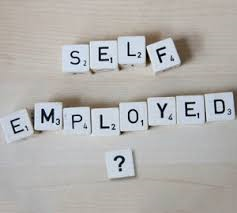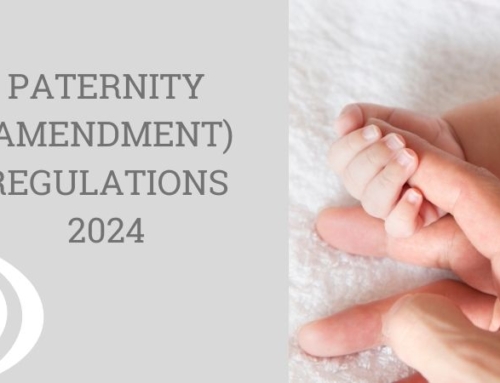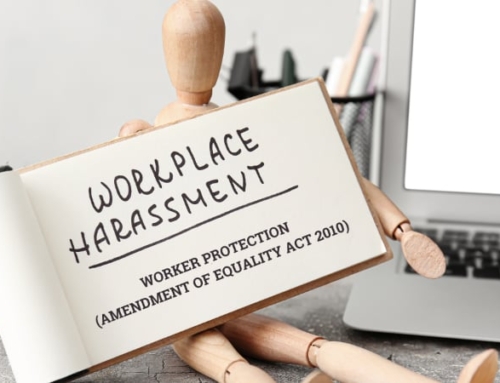
It is estimated that there are now 40,000 Uber drivers in the UK. Their business model allows consumers to hail a cab via a mobile phone app which then dispatches the nearest driver to their location. Drivers use their own personal cars and have the flexibility to work where and when they choose. On the flipside it is claimed the drivers have to work long hours just to earn enough money to cover basic living costs. As self-employed contractors, they are not covered by UK employment law and therefore are not entitled to paid leave, minimum pay or employment protection rights.
Earlier this year a case was brought by the GMB Union on behalf of two Uber drivers who claimed the company was acting unlawfully by failing to provide them with basic employment rights. The GMB Union claimed the drivers were “bogusly self-employed” as Uber still exercised control over drivers by telling them where to go, what to charge and also being able to effect disciplinary actions against them. This is not consistent with someone who is self-employed.
Being awarded “worker” status by the employment tribunal means that drivers will now be entitled to earn the National Minimum Wage, take statutory holiday and rest breaks and be protected from unlawful discrimination and whistleblowing. They will not however be entitled to claim for unfair dismissal, request flexible working hours or claim redundancy pay which would all require them to have employee status. They would also not automatically qualify for statutory sick pay, maternity pay, paternity pay, parental pay or adoption pay (these could be granted under the company’s internal policies but this seems unlikely).
The employment tribunal decision is likely to be appealed by Uber, but in the meantime we can expect a flood of similar claims from workers in the so called “gig economy” whose employers have up to now classed them as self-employed.
For more information on how this decision could affect you or your business, contact our employment law team today for a free initial consultation.
The Backhouse Solicitors Team
Tel: 01245 893400
Email: info@backhouse-solicitors.co.uk
Web: www.backhouse-solicitors.co.uk





